We’re entering a new political era leading to a one-party state
For now, the instinct of most Labour moderates is to stay and fight. That may not always be the case

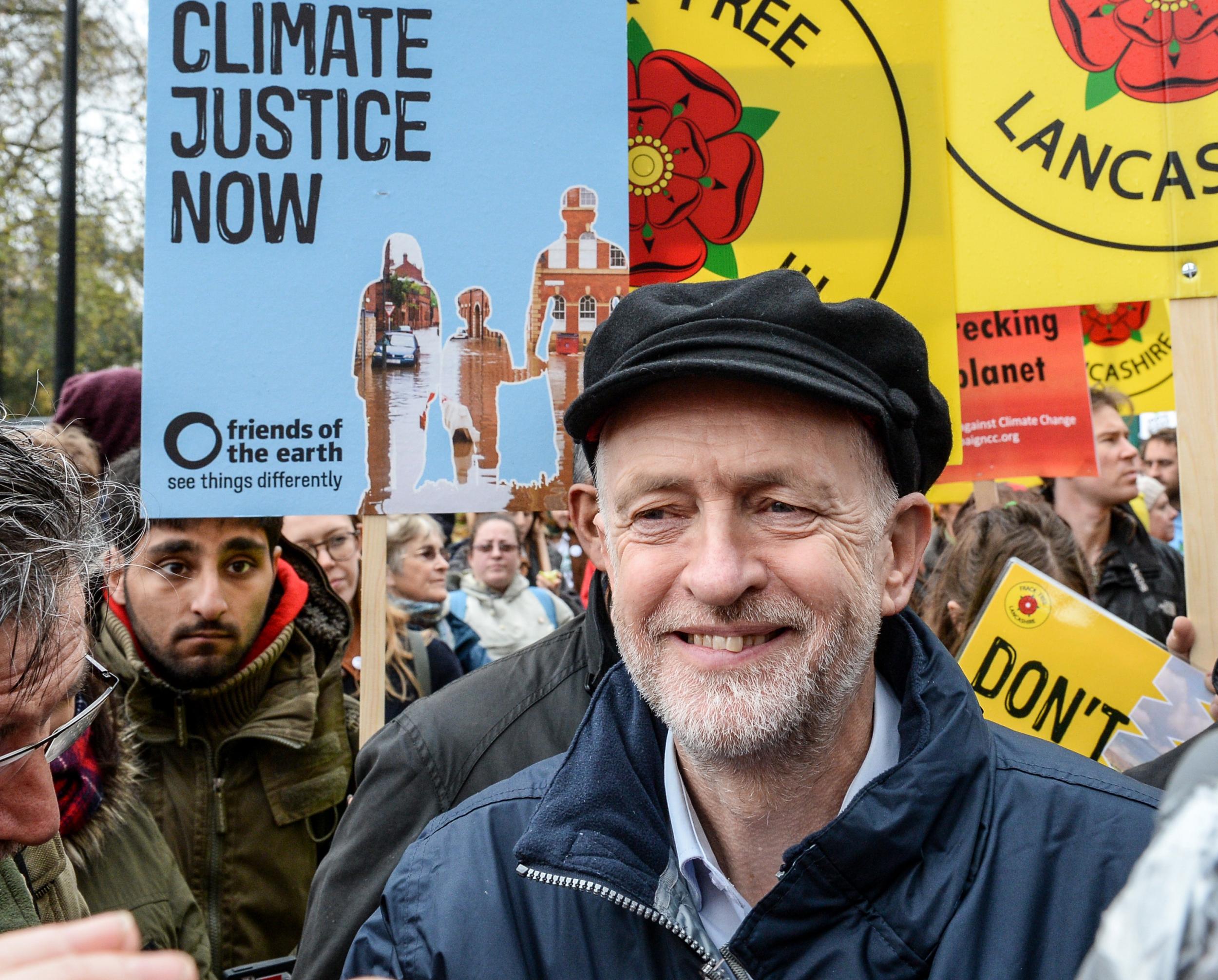
Will Jeremy Corbyn’s time as Labour leader result in a realignment of our political parties? In a parallel with the last time the left was in the ascendancy, in the early 1980s, some Labour moderates are starting to wonder whether they should form a breakaway party like the SDP.
“It is not a mainstream view, but people on the margins are talking about it,” said one New Labour figure. Some rich Labour businessmen who have given money to Labour will not donate another penny while Corbyn is leader. They are talking about funding centrist Labour MPs to help them fight left-wing attempts to deselect them, through an organisation that could be an embryonic new party. One Blairite said: “The problem is not just the top level of the party. The whole building is crumbling. The question is whether we rebuild it through a new party.”
For now, the instinct of most Labour moderates is to stay and fight. Even talk of leaving is an admission of defeat and of the catastrophic legacy of the Blair-Brown era. But at constituency party level, moderates are outnumbered and outgunned by the new members inspired by Corbyn’s leadership campaign this summer. It is a myth that they are all under 30. Although Labour says it has no figures on the age of the 200,000 new members who have signed up since the May election, MPs tell me that a lot are “retreads”, often over 50, who walked out during the Blair years (many because of the Iraq War).
So moderates’ hopes that Corbyn’s new army will not be in for the long march may be dashed. It is not one-way traffic: some on the Labour right who cannot stomach Corbyn are already drifting away.
Other events raise the chances of a breakaway. Labour’s triumph in the Oldham West and Royton by-election is a reminder that brave talk about ousting Corbyn any time soon is fantasy politics. If he takes the advice of allies urging him to demote or sack Shadow Cabinet members who defied him on bombing Isis in Syria, he could provoke other frontbench resignations. That would formalise the split between the leader and most of his MPs, and Labour would look like two parties. Perhaps the seeds of a new party would be planted. However, Corbyn may prove wiser than his critics believe; he avoided a meltdown over Syria, and so may prefer to keep opponents inside the Shadow Cabinet tent.
The SDP breakaway is not a good model. It failed to break the mould. But only just; if the SDP-Liberal Alliance had pushed Labour into third place at the 1983 election, history would have been different. Some New Labour figures believe the two-party system is less resilient now than it proved in the 1980s, pointing to the rise of the SNP, Ukip and the Greens. So perhaps the New Democrats could flourish? (Although they would be called the Social Democrats on the Continent, a breakaway Labour group would probably try to avoid the label here).
Another scenario is that the enemy within eventually topples Corbyn, sparking a mutiny by party members, who would have every right to be angry. The Corbynistas and the trade unions might then form a more accurately named Socialist Party, leaving business donors to fund the social democrats left with the Labour brand.
Talk of realignment is not confined to the Labour Party. Although they went into coalition with the Conservatives in 2010, the Liberal Democrats have always had more in common on policy with Labour. Now Tim Farron, Sir Vince Cable and Lord Ashdown (who seriously discussed a merger with Blair) are calling for closer co-operation between the Lib Dems and Labour moderates. Jamie Reed, a Blairite MP, has even proposed a merger of the two parties. However, the “playing footsie index” is not at a high level at present. If the Lib Dems had 58 MPs rather than eight, they would be a more attractive partner for those thinking about a Labour breakaway.
All parties are “broad churches”: beneath its relatively calm surface, the Conservative Party is not exempt from chatter about breaking up. It is to David Cameron’s credit that he has prevented a split over Europe, but the price was high: the in/out referendum that is now turning into a nightmare. His hints this weekend that he could recommend an Out vote are probably a negotiating tactic to make his EU counterparts take seriously his warnings. But the message could also be an attempt to keep the Tory tribe together. There are fears of a formal Tory split if the public votes narrowly to remain in the EU.
Some Tory MPs and many grassroots members have more in common with Ukip on Europe than they do with Mr Cameron. Some Tory Eurosceptics want to “unite the right” by bringing Ukip back into the Conservative family under a successor to Cameron who is committed to EU withdrawal. Tory right-wingers are worried that Labour’s leftward lurch has persuaded Mr Cameron and George Osborne to tack so far to the centre that they have departed from traditional Tory values. Although a feeble Labour Opposition would encourage some Tories to become the real opposition, Labour’s turmoil will for now encourage the Tories to stick together. Why risk a split while they are in power?
The new politics may be more volatile; voters are less tribally loyal and more likely to shop around. But our anachronistic first-past-the-post electoral system is a massive deterrent for anyone thinking about forming a new party. In May, Ukip won 3.9 million votes and the Greens 1.2 million; they both got one MP. The Conservatives won’t change the voting system; until it is changed, the new politics will end up looking remarkably like the old politics. The irony is that, in what appears to be an era of multi-party politics, some senior Labour and Lib Dem figures fear we are heading for a virtual one-party state, with a long period of Tory rule.

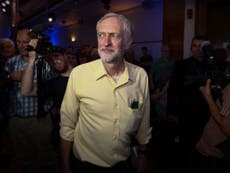
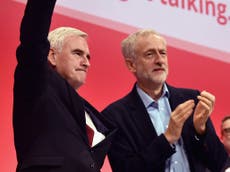
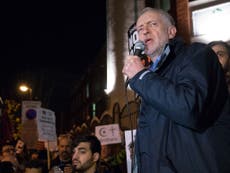
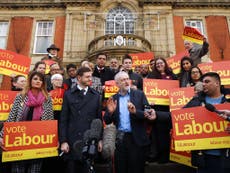
Join our commenting forum
Join thought-provoking conversations, follow other Independent readers and see their replies